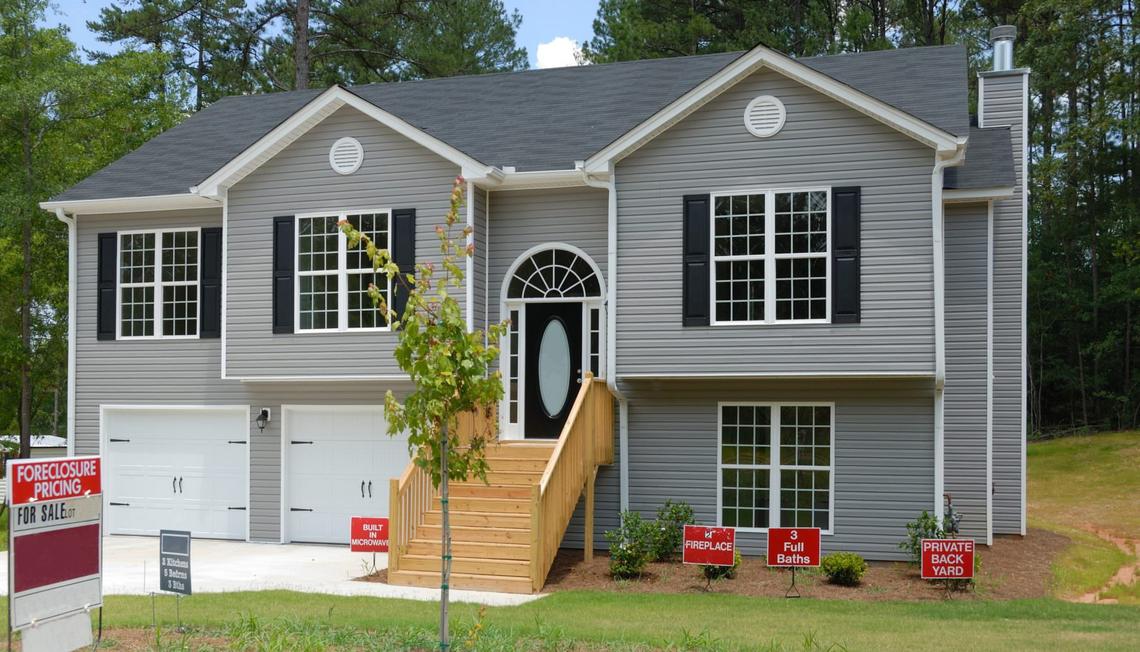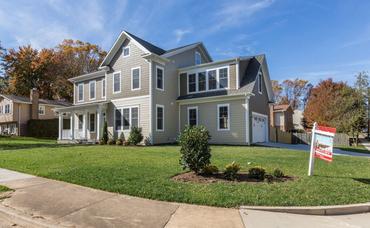When is the best time to sell your home?
The most advantageous time to sell your home depends on your own circumstances and market conditions — including:
- Time of year
- Competition from neighboring properties for sale
- Your home’s unique features and qualities
- Detailed comparison to similar neighborhoods (and not just nearby neighborhoods)
- Market conditions, such as absorption rate
All these factors could impact your decision — and your bottom line.
When’s the best time of year to sell your home?
It’s true that spring generally brings an uptick in home buying stats, but serious, motivated, qualified buyers continue to search for houses in every season.
Potential buyers can be plentiful at any time of year if you get the help of a real estate team that has a large database of qualified potential buyers.
Our team worked hard and helped so many families buy and sell homes that December 2018 ended up being one of our most productive months of the year for home transactions. Our team knows what it takes to sell in any season of the year.
How does your home compare to nearby homes for sale?
Consider current competition. If there are three other houses in your neighborhood still for sale, it may be wise to wait to avoid selling in a buyer’s market… unless your home has a unique edge over neighboring homes.
Consider your home’s unique edge. Your home might still have an advantage over others, even in a neighborhood that currently has multiple homes for sale. If your house is the newest, best-renovated home in the neighborhood, or if it’s the only one in the neighborhood with a swimming pool or a two-car garage, you might still be able to generate strong demand for your home despite the competition.
One critical figure to understand is the absorption rate in your neighborhood — calculated by dividing the number of homes sold per month in your neighborhood by the entire number of available homes in your neighborhood. Factor the resulting information into your pricing strategy, as a high absorption rate signals a seller’s market — meaning buyers would compete for your home, giving you an advantage as the seller.
How does your neighborhood compare to others?
Compare your home to similar neighborhoods, not just nearby ones. It’s critical that you understand the many ways that your potential buyers shop for homes.
Most home buyers search more than one target neighborhood for houses to buy, so compare your house and neighborhood to similar houses in similar neighborhoods. That does not just include neighborhoods near you, but also distant neighborhoods that share other qualities in common with yours. Examples include: Schools, parks, walkability, and access to public transportation.
How to sell despite competition
The good news is that the DMV is a seller’s market with year-round demand for housing. Some will tell you that spring is the best time to sell a home, but during a seller’s market with a motivated agent looking after your best interest, you can sell at any time of year.
This is especially true if you have a trusted, effective real estate team working to help you market and sell your home for its best price.





